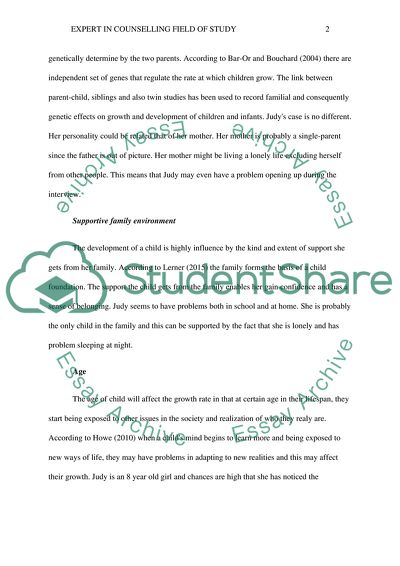Cite this document
(Developmental Psychology Report Example | Topics and Well Written Essays - 1750 words, n.d.)
Developmental Psychology Report Example | Topics and Well Written Essays - 1750 words. https://studentshare.org/psychology/1874997-expert-in-counselling-field-of-study
Developmental Psychology Report Example | Topics and Well Written Essays - 1750 words. https://studentshare.org/psychology/1874997-expert-in-counselling-field-of-study
(Developmental Psychology Report Example | Topics and Well Written Essays - 1750 Words)
Developmental Psychology Report Example | Topics and Well Written Essays - 1750 Words. https://studentshare.org/psychology/1874997-expert-in-counselling-field-of-study.
Developmental Psychology Report Example | Topics and Well Written Essays - 1750 Words. https://studentshare.org/psychology/1874997-expert-in-counselling-field-of-study.
“Developmental Psychology Report Example | Topics and Well Written Essays - 1750 Words”. https://studentshare.org/psychology/1874997-expert-in-counselling-field-of-study.


